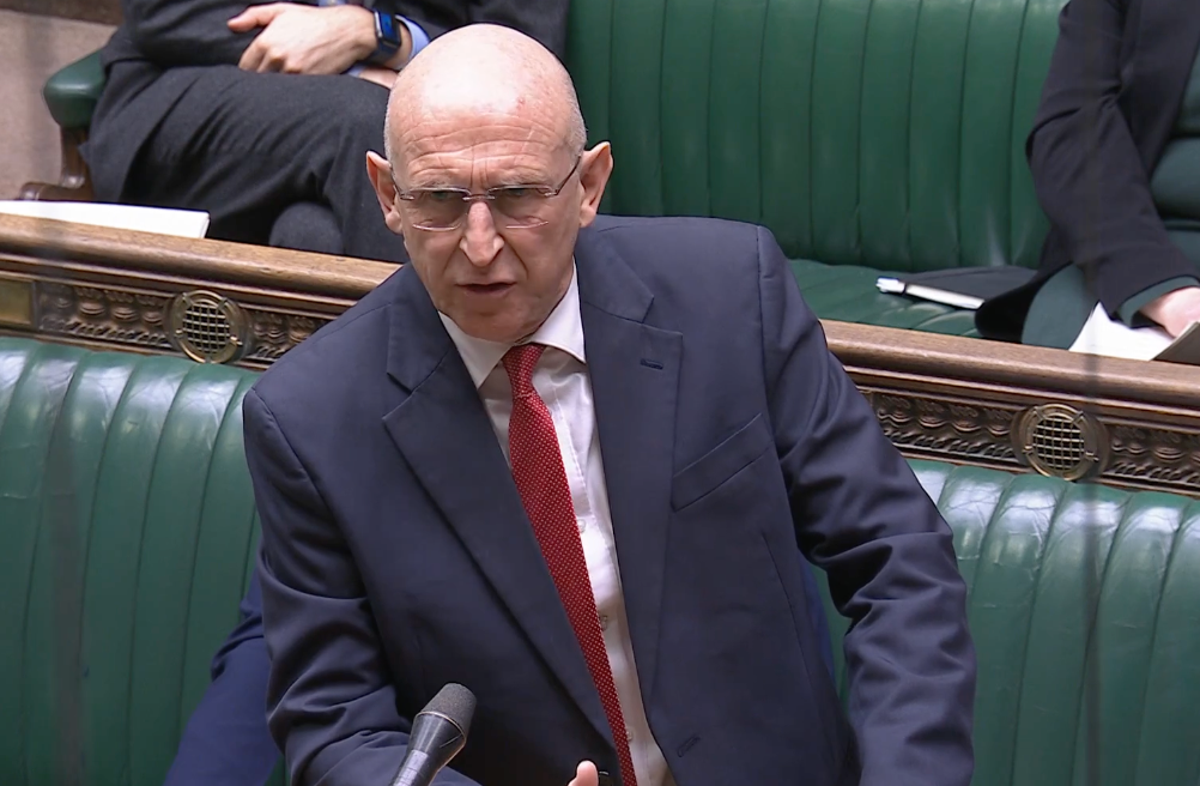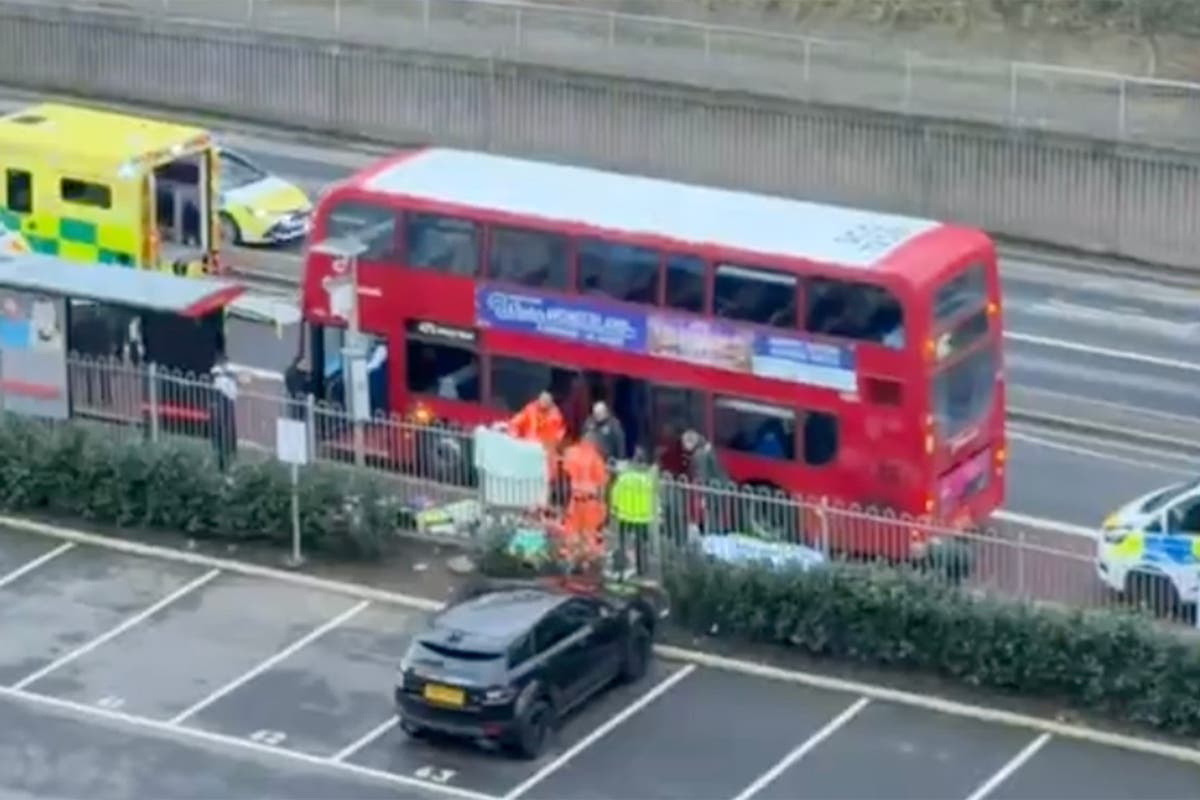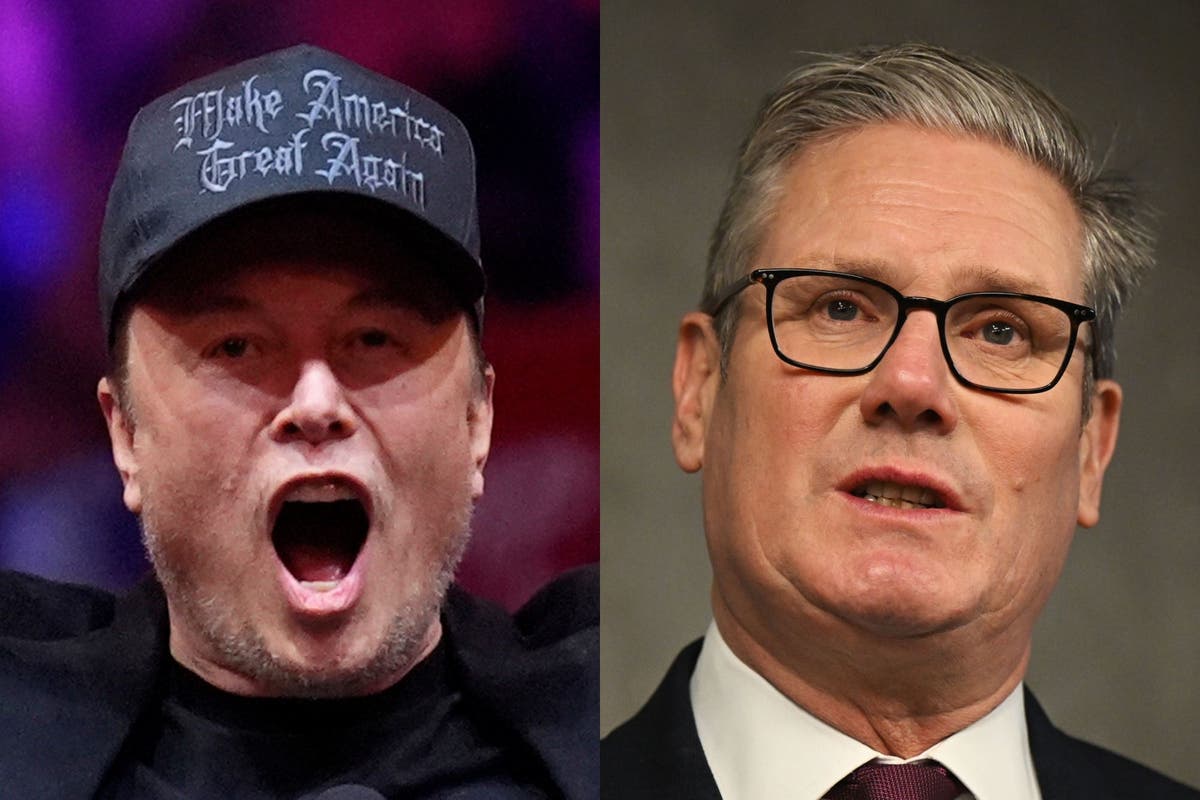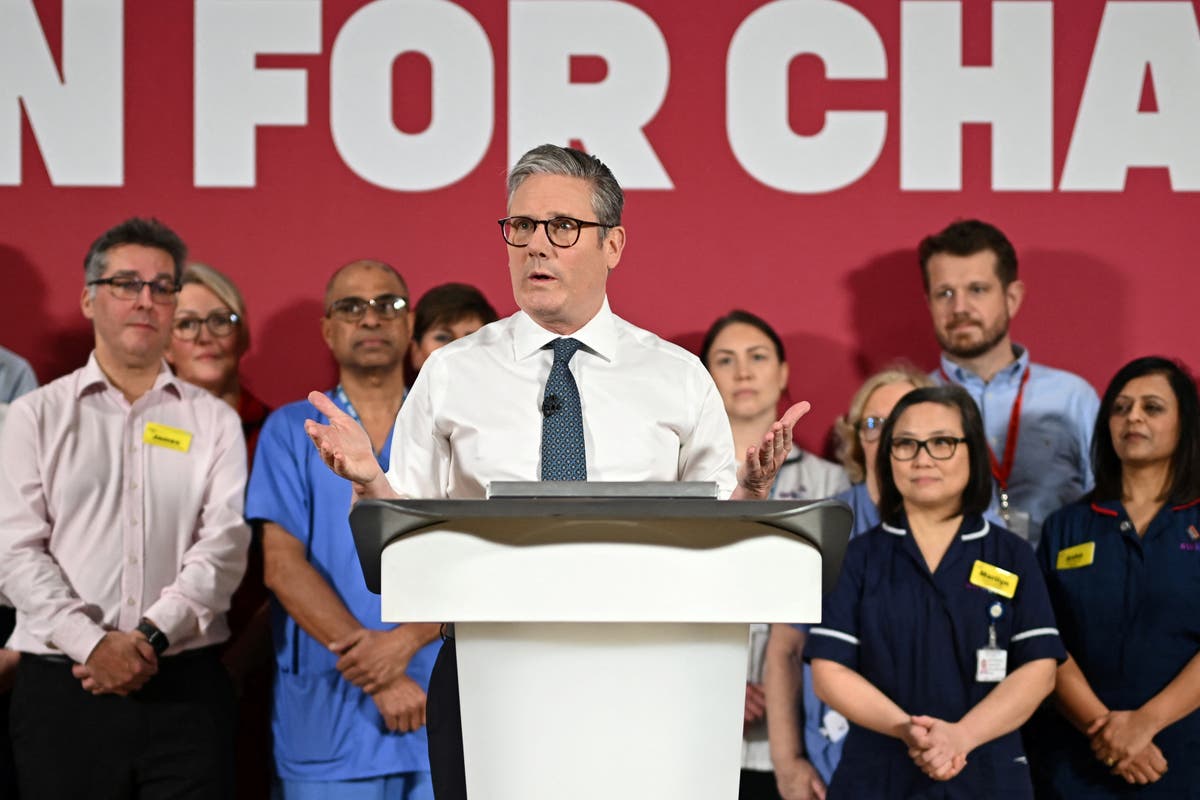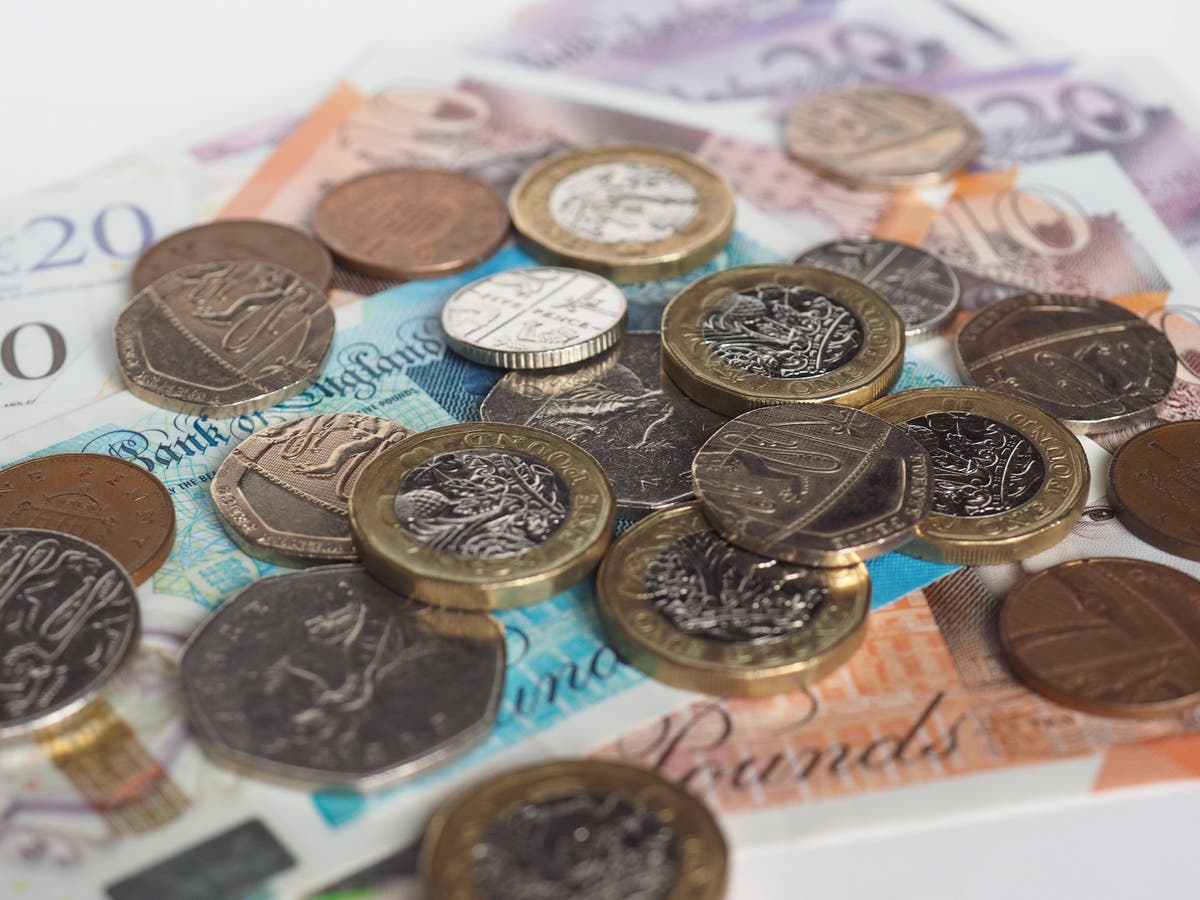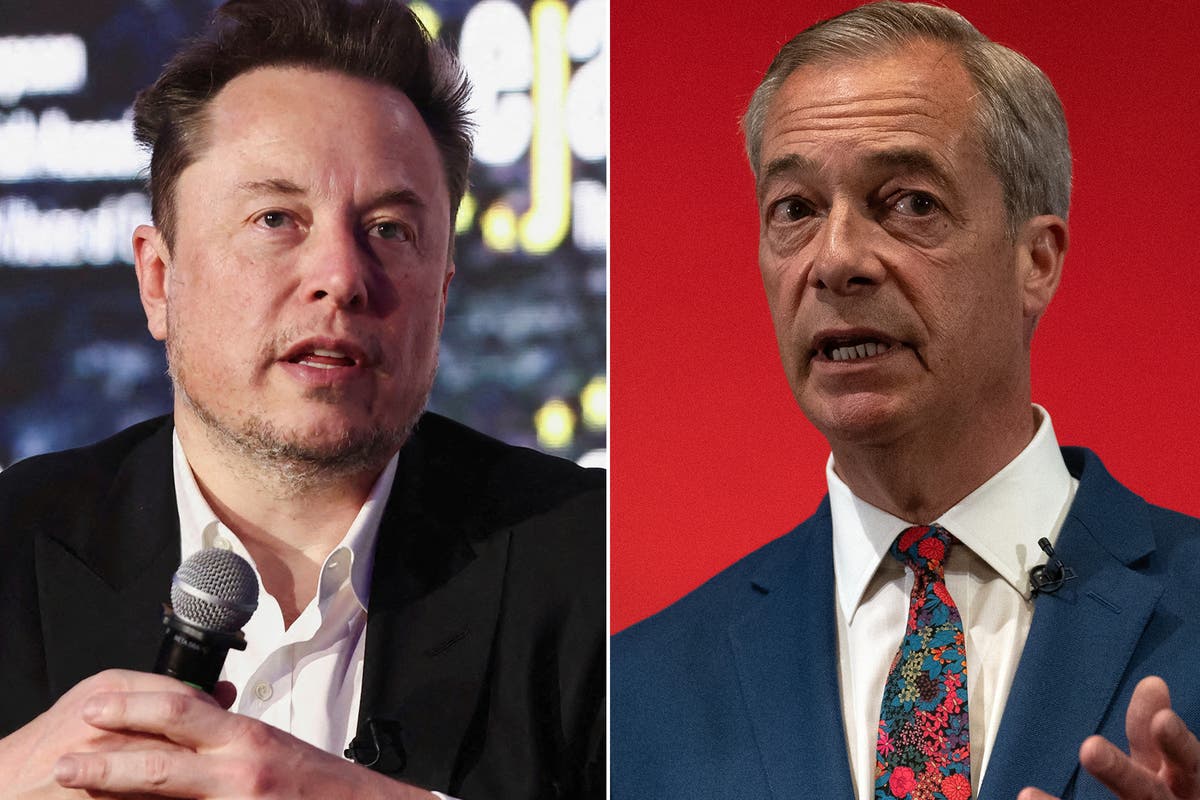The UK government has admitted to not yet engaging the incoming Trump administration on the critical Chagos Islands deal, raising concerns about the agreement's future. This lack of communication comes amid growing skepticism about the deal, which would transfer sovereignty of the strategically important islands to Mauritius.
While the outgoing Biden administration supported the agreement, the Trump administration is reportedly concerned about potential Chinese interference. Key US military assets, including ships and long-range bombers, rely on the joint UK-US base on Diego Garcia. However, concerns are growing over potential disruptions to the agreement, given the new Mauritian government's rejection of the deal.
Defense Secretary John Healey stated that official discussions are planned to begin only after the inauguration on January 20th. He highlighted the continued importance of the US-UK security relationship. Critics, including Trump's national security adviser Mike Waltz and nominee for Secretary of State Mark Rubio, have voiced concerns about potential Chinese exploitation of the agreement's terms.
The new Mauritian government, under Prime Minister Navin Ramgoolam, has rejected the deal, citing unmet expectations. Negotiations are reportedly stalled over financial details and other aspects of the agreement. Mauritius has presented counter-proposals to the UK, adding complexity to the already precarious situation. The cost of the deal to the British taxpayer remains undisclosed.
Despite opposition, the UK government maintains the agreement is vital to national security. However, the situation underscores the shifting political landscape and uncertainty surrounding the agreement's future under the new US administration. These developments raise significant questions about the long-term viability of the Chagos Islands deal and its impact on UK-US strategic partnerships.

